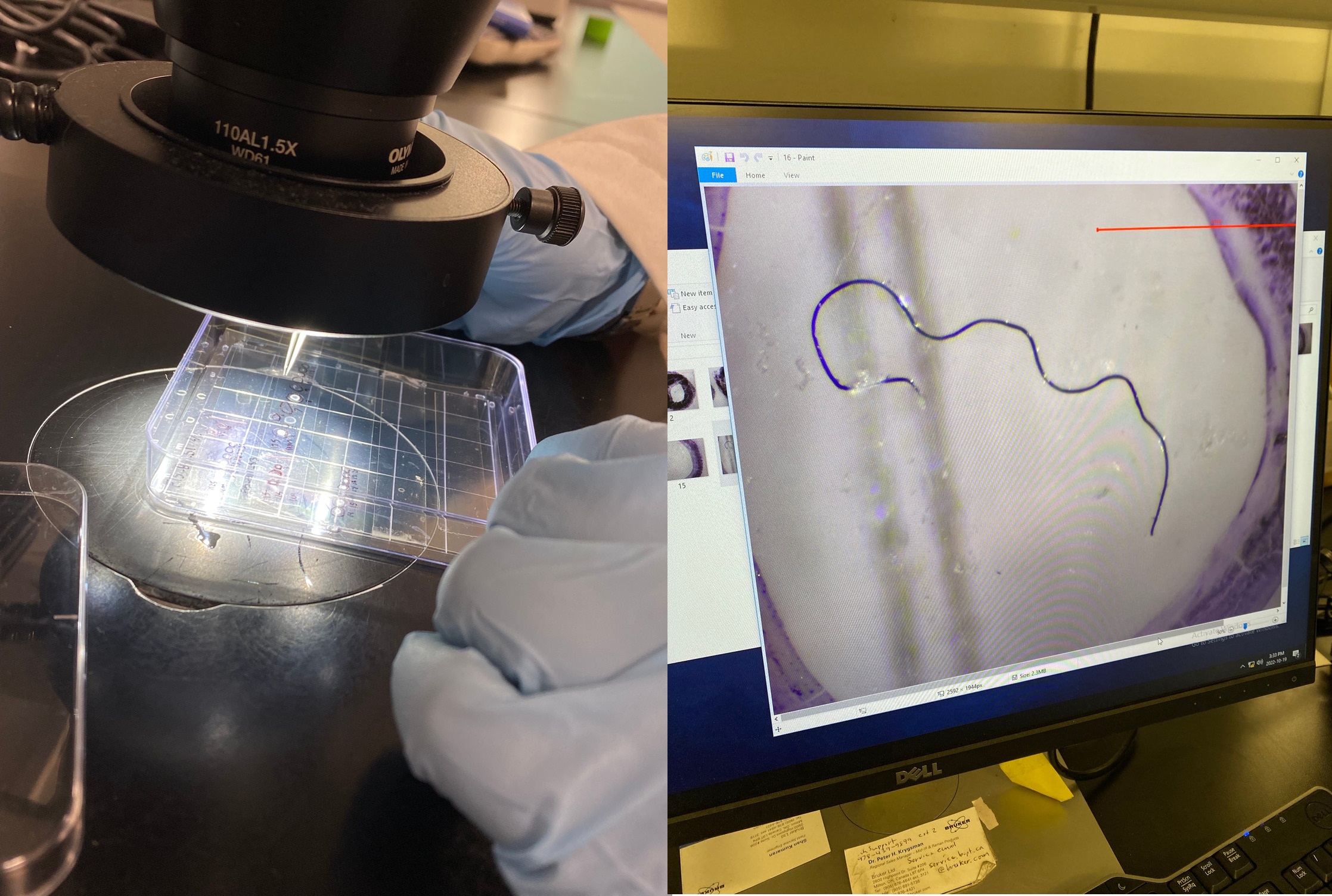It isn’t just seafood that’s loaded with microplastic pollution. In a new study, scientists found microplastics in nearly 90 of sampled meats and meat-like alternatives – including seafood, chicken breasts, beef steaks, tofu, and plant-based burgers.
It’s become well-documented that seafood is often tainted with the presence of microplastics due to the shockingly high quantities of plastic in the planet’s oceans. For instance, a 2017 review found that regular eaters of fish and shellfish could be ingesting up to 11,000 microparticles a year.
However, until now, there’s been relatively little research into the prevalence of plastic in terrestrial protein sources, like beef and chicken.
To pry into the issue, scientists at Ocean Conservancy and the University of Toronto sampled 16 protein types, including highly processed protein products and minimally processed “fresh” products.
This included Alaska pollock fillets, headless/shell-on white Gulf shrimp, headless/shell-on Key West pink shrimp, chicken breasts, pork loin chops, top sirloin steaks, minced Alaska pollock fish sticks, breaded shrimp, chicken nuggets, plant-based nuggets, plant-based fish sticks, plant-based ground “beef”, and blocks of tofu.
Remarkably, microplastics were found in all 16 protein types tested and within 88 percent of the individual samples.
Furthermore, they found that microplastic pollution was just as prevalent in land-sourced proteins as it was in ocean-sourced proteins. Likewise, they found no statistical difference in microplastic concentrations between the super-processed products and the fresh products.
“It’s tempting to want to draw conclusions like ‘eat less of this and more of that’ to avoid microplastics in your diet; but right now we still know very little about the microplastic burdens in commonly consumed foods. Our study adds to this knowledge but also demonstrates the need for further research to better understand the bigger picture, including where these microplastics are coming from and the potential human health risks,” Madeleine Milne, primary study co-author who carried out the research while at the University of Toronto, said in a statement.

Researchers studied 16 meat and meat-like foods, searching for microplastic pollution.
Image credit: Madeleine Milne/University of Toronto
The plastic within the food came in six different forms: fibers, fiber bundles, fragments, rubber, foams, and films.
Nearly half (44 percent) of the identified microplastics were fibers, while a third (30 percent) were plastic fragments. This is in tune with other studies that have shown plastic fibers from clothes and other textile products are the most prevalent form of microplastic in the environment.
The effects of microplastic pollution on human health are not fully understood by science yet, although it’s highly unlikely that they can be considered a healthy component of a well-rounded diet.
In a study published last year, researchers found that tiny plastics can cross the blood-brain barrier in non-human animals and enter the brain within minutes of being swallowed. Once in the brain, it’s believed it could increase the risk of inflammation, neurological disorders, or even neurodegenerative diseases.
Once again, this was an animal study, so we should be cautious about applying the results to people. Nevertheless, there is a mounting collection of evidence that shows microplastics have the potential to pose an unavoidable peril for humans.
“This is a startling reminder of just how prolific plastic pollution has become – humans live on land and yet seafood samples are just as likely to be contaminated with plastics as are terrestrial-derived proteins,” explained Dr Britta Baechler, study co-author and marine biologist and Associate Director of Plastics Science at Ocean Conservancy.
“There’s no escaping them no matter what you eat, it seems. The plastic pollution crisis is impacting all of us, and we need to take action to address its many forms,” added Dr Baechler.
The study is published in the journal Environmental Pollution.
Source Link: Microplastics Found In 88 Percent Of Sampled Food, From Sirloin Steaks To Plant-Based Burgers